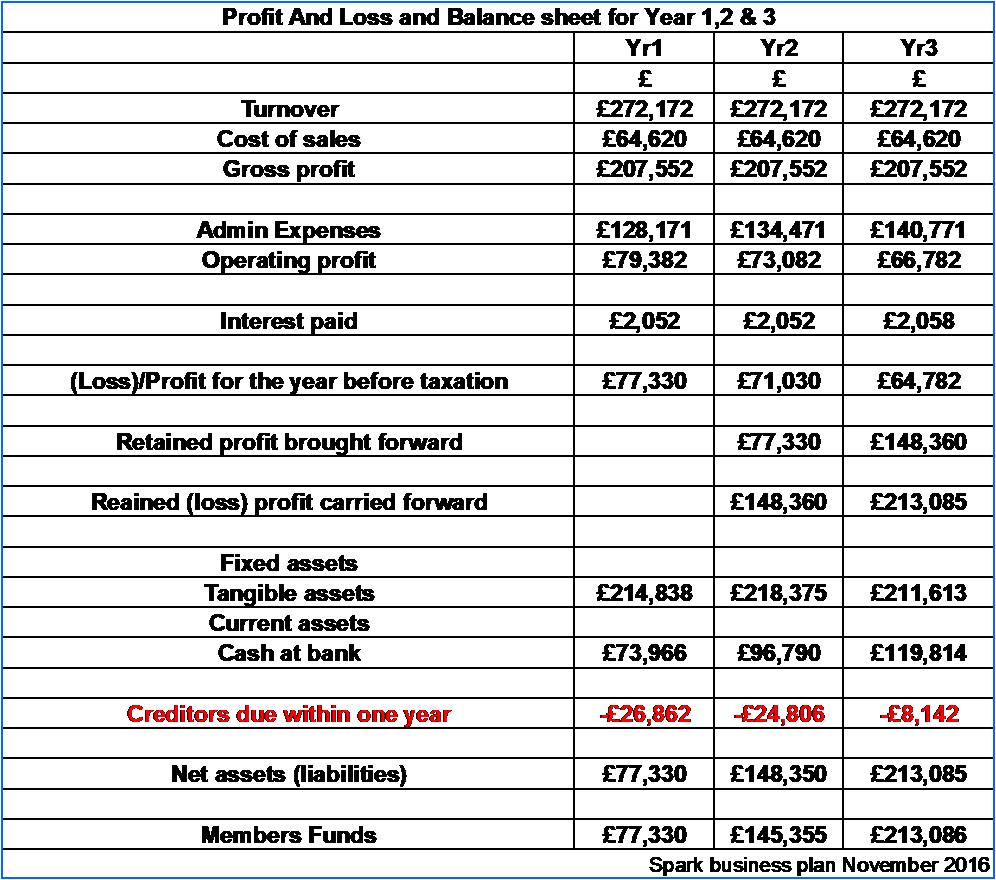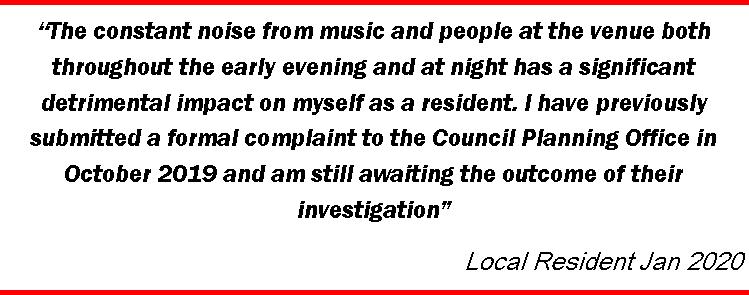In November 2016 we first heard of a plan to site shipping containers on Piccadilly and use them as vending units.
It was the start of “Containergate” with an outfit called Spark York persuading naive Councillors to give them the use of a prime site at 17/21 Piccadilly for a minimal rent.
As well as £13,333 a year in rent the Council was promised a 30% share of the profits which were forecast to total £213,085 over 3 years.

On that assurance, the Council spent £40,000 on installing new utility services to the site
The developers made a series of claims about what their (visually hideous) development would bring to the City. The small business growth figures strained everyone’s credulity but Councillors bought the line.
It subsequently transpired that the firm were unable to raise the £220,000 set up costs and had to resort to the commercial loans market. Although they had beneficial use of the site from September 2017, it was to be the following summer before Spark opened for business.
Further controversy followed the granting of planning permission. Quite simply the owners chose to ignore a series of conditions – including the need for a disabled access – and even now have failed to cover with cladding the garish street art which dominates the Piccadilly frontage.
The original business model failed, and the scheme concentrated on alcohol sales as its main form of income. It enjoyed a good summer in 2018 but the high noise levels proved to be a major irritant for the occupiers of nearby flats.

Thankfully the nightmare lease was due to come to an end in June. We would be rid of the containers and a start could be made on building something that would be a credit to the city.
But now York Councillor Nigel Ayre is apparently considering extending the Spark lease (The original decision was taken by the Councils Executive). He is being promised footfall and “economic vibrance” on Piccadilly, although the rest of the street is likely to be a building site for much of the next two years.
Spark are good at some things. PR is one. They held a party when they opened which was attended by the media and several Councillors and officials. It appears to have been an insurance policy judging by the report being considered next week.

The report fails to examine the performance of the company against the claims that they made in 2016.
- Where is the list of small businesses Spark claim to have “incubated” at the premises?
- The operators claim to have had a turnover of £3 million across the whole site yet the Council has had a zero share of any “profit”. (The original plan was for an annual turnover of £272,000 a year yielding a profit of £64,620). Where is the updated business plan?
- Who at the Council agreed that the repayment of loans should take precedence over the Council being recompensed for its investment?
- Where can a full set of accounts be viewed? (there is little information at Company House)
- Why are no other options considered? Parking revenue alone could be worth around £100,000 a year even if a start on the permanent redevelopment of the site is delayed for 2 years
- Is the Council still the preferred creditor if the business goes bust? It was told in 2016 that it could sell the containers to fund any outstanding infrastructure costs.
- Why is no independent up to date valuation of the site assets provided?
- How much have the Directors received in remuneration from Spark (and any subsidiaries) since September 2017
- How much has been paid in Business Rates and how much is outstanding?
- Who at the Council has received hospitality from Spark? Has it all been properly registered?
- Where can financial details of the container occupants’ businesses be found?
- Are any of the Spark Directors potential beneficiaries of any of these businesses?
Until these, and other, questions are answered it would be irresponsible for the Council to consider any extension of the lease.
In the meantime, the planning department should take enforcement action on outstanding breaches of the planning permission.
Other businesses in York deserve to be competing on a level playing field. They, and taxpayers, seem to be the losers in the current arrangement.

